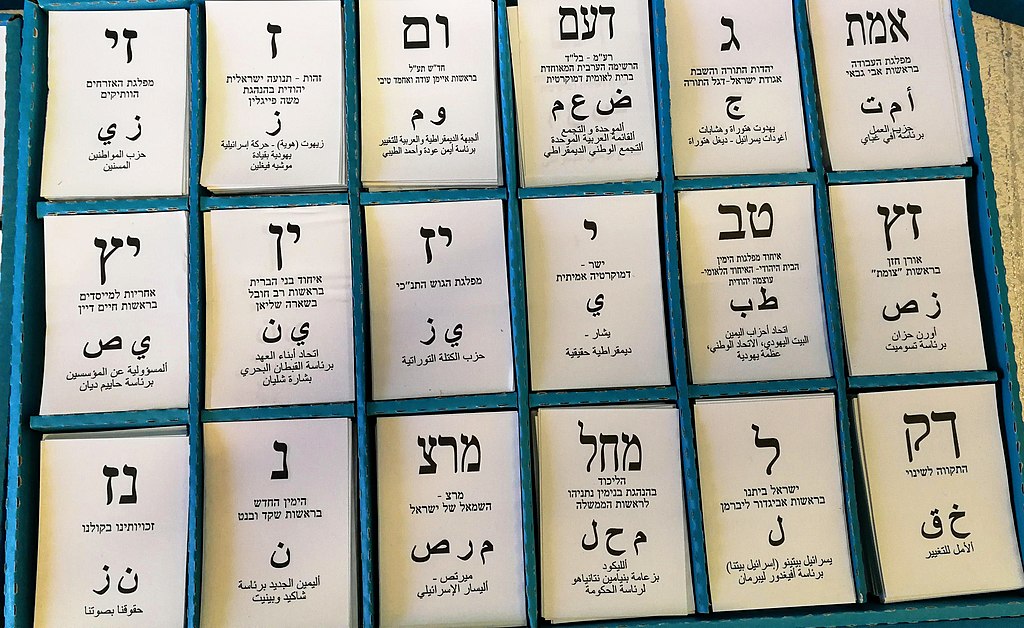Ben Lynfield
Foreign Policy, Oct. 18, 2022
“Arab voters are mainly frustrated that Arab party leaders could not set aside their differences and form a unified list ahead of the election.”
Israeli voters go to the polls again in two weeks, facing a stark choice: whether to reinstate former leader Benjamin Netanyahu and his right-wing coalition partners—including some virulently anti-Arab politicians—or maintain the status quo under centrist Prime Minister Yair Lapid.
But while Israel’s Arab citizens have the power to potentially determine the outcome, many are likely to stay home on election day, according to analysts.
“Turnout will decide this battle,” Knesset member Aida Touma-Suleiman of the predominantly Arab Hadash party told an audience during a campaign appearance in Jaffa last week. “It will decide if we can make laws for our agenda.”
Arab Israelis make up more than 20 percent of the population and have suffered discrimination ever since the state was established. Their turnout has fluctuated from election to election, reflecting—in turns—hope and disappointment in the Israeli electoral system.
Nineteen-year-old student Nazek Abu Rahima told Foreign Policy at a gathering in Jaffa that many of her friends will probably refrain from voting despite the threat posed by far-right politician Itamar Ben-Gvir, whose racist list—a merger of the Jewish Power and Religious Zionist factions—is poised to become the third-largest bloc in parliament.
Ben-Gvir advocates expelling what he terms “disloyal” Arabs—including Hadash party leader Ayman Odeh, Ta’al party leader Ahmad Tibi, and Ofer Kassis, a Jewish Hadash politician who criticizes the army’s practices toward Palestinians in the occupied West Bank. … SOURCE


